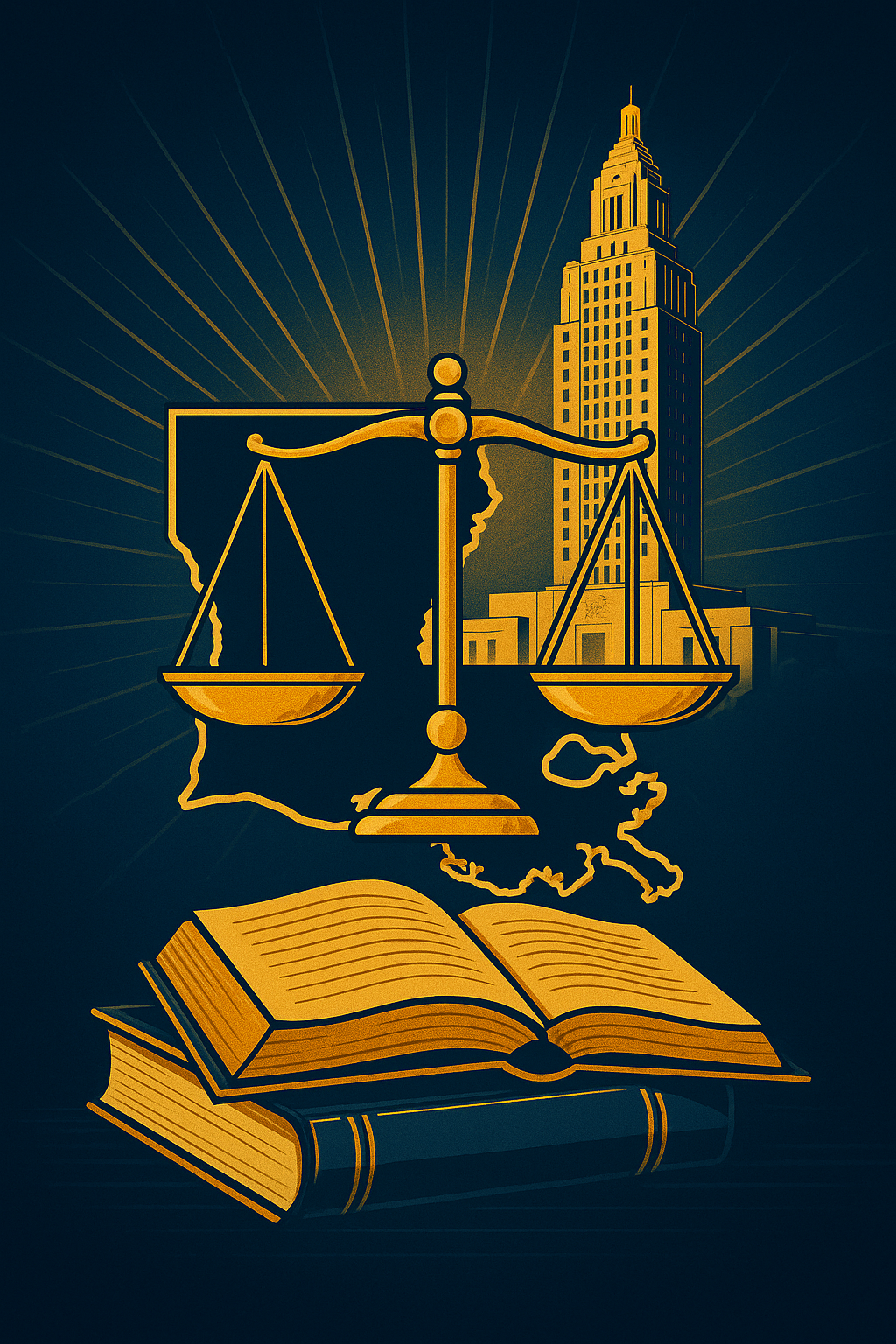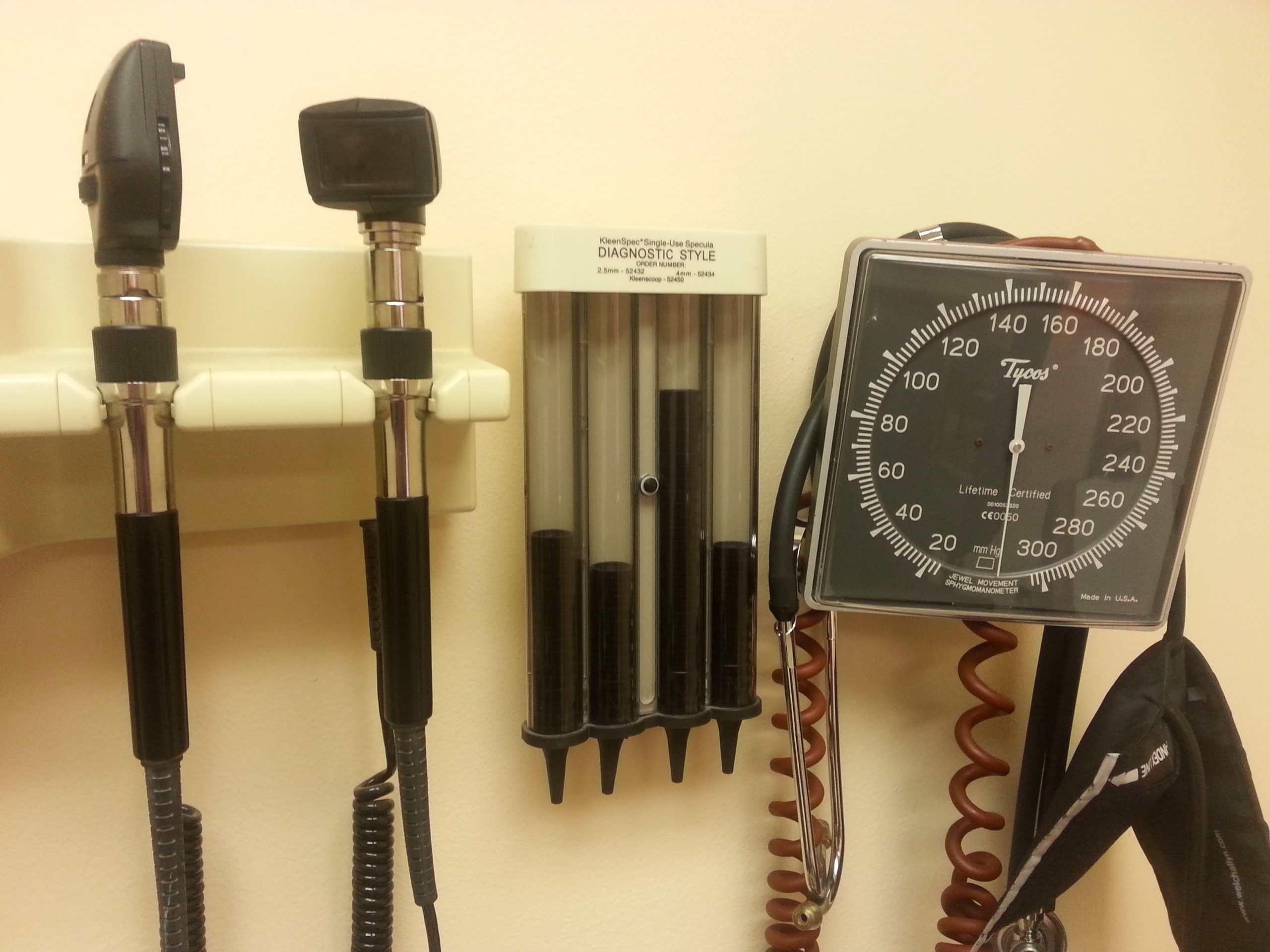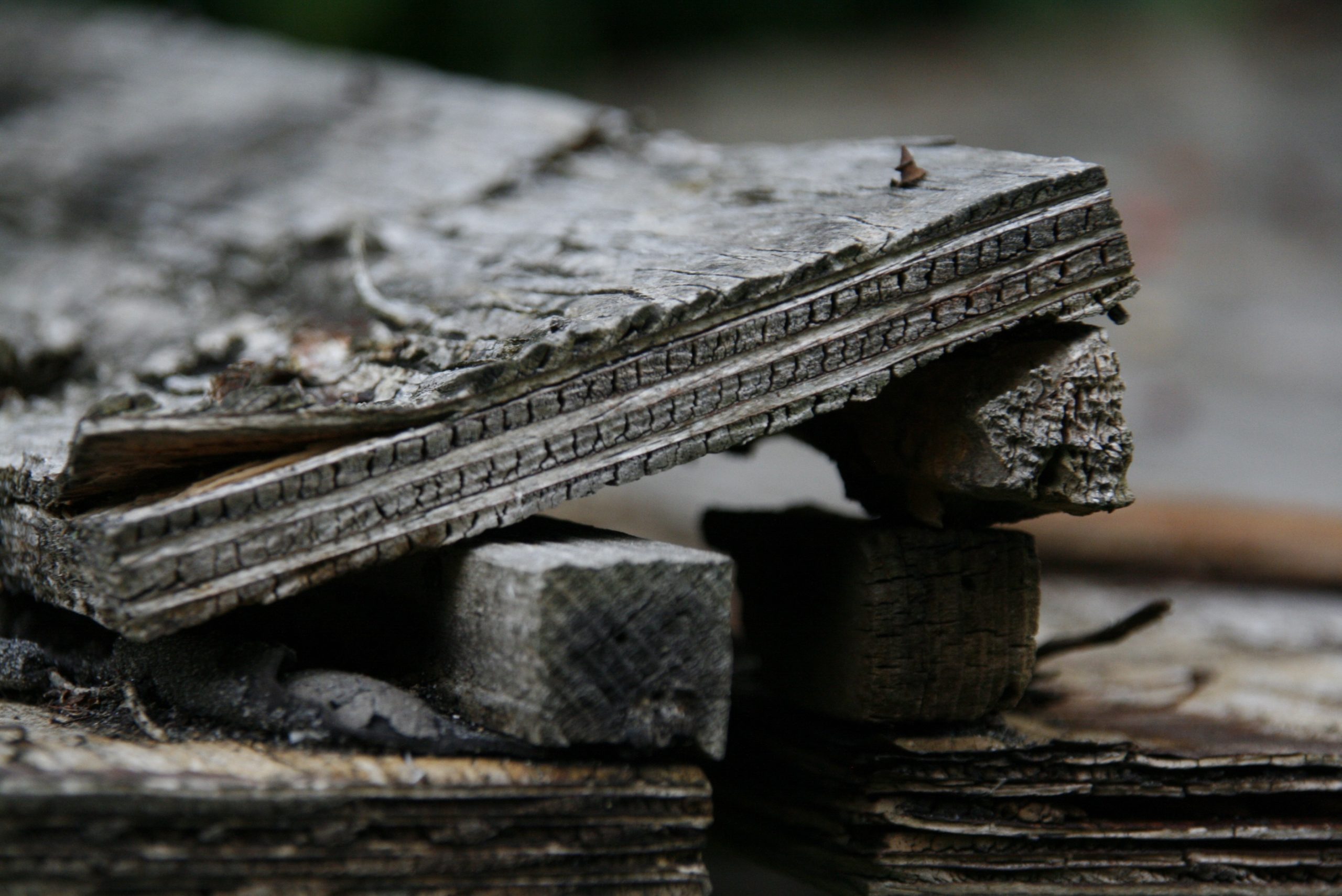 Understanding When Louisiana Laws Apply: A Guide to Prospective and Retroactive Effects
Understanding When Louisiana Laws Apply: A Guide to Prospective and Retroactive Effects
Imagine you’re involved in a legal matter, and the legislature passes a new law. Does it affect your situation? Or does it only apply moving forward?
The timing of when a law takes effect — and whether it applies to past events — can drastically impact legal outcomes. In Louisiana, this concept is governed by Civil Code Article 6, which establishes when laws apply prospectively (looking forward) or retroactively (looking backward).
 Insurance Dispute Lawyer Blog
Insurance Dispute Lawyer Blog


 The Unforeseen Gaps: Why Laws Can’t Cover Everything
The Unforeseen Gaps: Why Laws Can’t Cover Everything The Building Blocks of Justice: How Louisiana Laws Are Made
The Building Blocks of Justice: How Louisiana Laws Are Made This
This  The
The  The
The  The
The  A tragic accident involving a young boy with autism has raised questions about the legal responsibility of homeowners when someone is injured on their property. The case of
A tragic accident involving a young boy with autism has raised questions about the legal responsibility of homeowners when someone is injured on their property. The case of  Car insurance policies can be riddled with complex terms and conditions, often leading to misunderstandings between policyholders and insurers. The case of
Car insurance policies can be riddled with complex terms and conditions, often leading to misunderstandings between policyholders and insurers. The case of  In the realm of insurance claims and legal disputes, the concept of subrogation often plays a crucial role. Subrogation allows an insurer, after paying a claim to its insured, to step into the insured’s shoes and seek reimbursement from the party responsible for the loss. But what happens when the insured settles their claim directly with the at-fault party? Does the insurer lose its right to subrogation? A recent Louisiana Court of Appeals case,
In the realm of insurance claims and legal disputes, the concept of subrogation often plays a crucial role. Subrogation allows an insurer, after paying a claim to its insured, to step into the insured’s shoes and seek reimbursement from the party responsible for the loss. But what happens when the insured settles their claim directly with the at-fault party? Does the insurer lose its right to subrogation? A recent Louisiana Court of Appeals case,